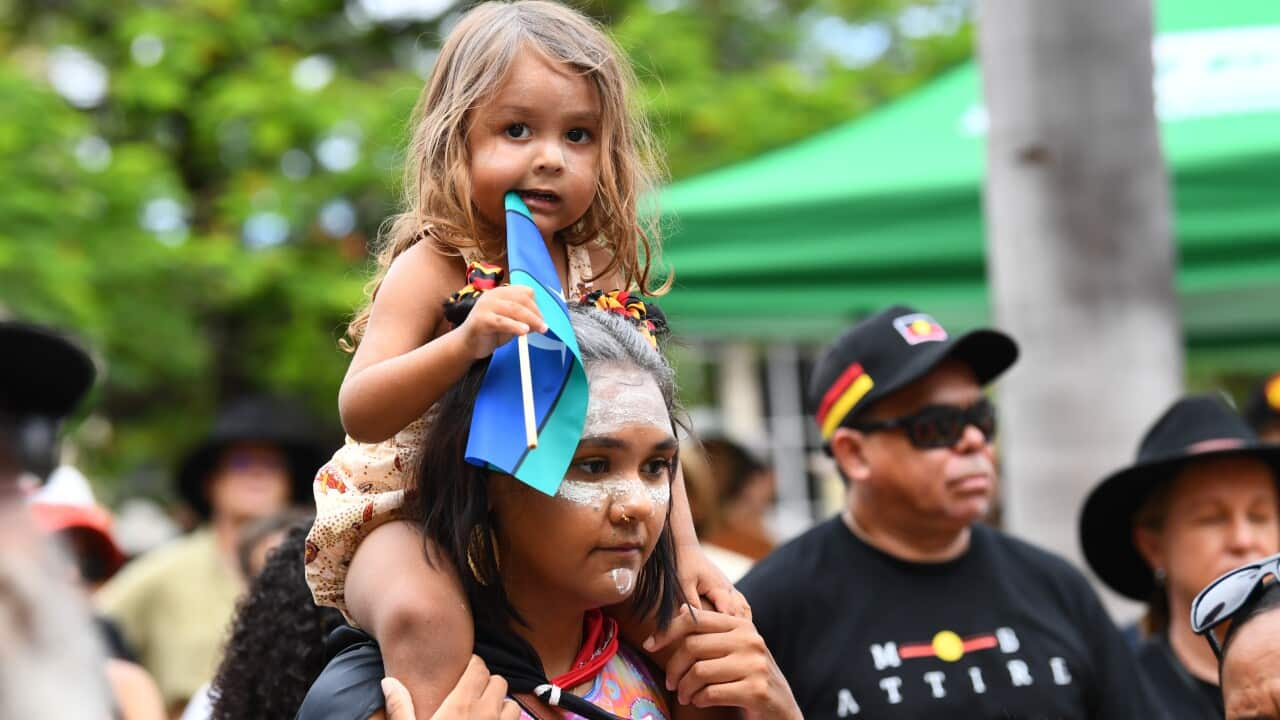Key Points
- Australia has a ‘no fault divorce’. One spouse can apply for a divorce without the other’s consent or providing an explanation.
- Most divorcing spouses can formally settle parenting and financial matters without having to go to court.
- The Australian legal system encourages divorcing couples to attend mediation before engaging in litigation.
Simply put, divorce is the formal dissolution of a marriage. But given the immense emotional, parenting, and financial implications of a divorce, families often struggle to reach an amicable financial settlement without external support.
In Australia, spouses are required to prove their marriage is irreparable as part of their divorce application. They must demonstrate to have been separated for more than 12 months and agree on parenting and financial arrangements.
Most divorcing couples should also attempt to formally settle parenting and financial matters first, before they go to court.
“If you want to go to court in relation to parenting issues, there's a requirement that parents must have participated in family dispute resolution first. It’s a form of mediation where they are assisted by a family dispute resolution practitioner to see whether they could reach an agreement in relation to the children's ongoing arrangements”, Eleanor Lau from law firm Lander and Rogers explains.
“With financial matters, we encourage parties to attempt alternative dispute resolution first. The courts nowadays want to see their parties have at least tried to negotiate before they litigate.”

According to the Australian Bureau of Statistics, the median age for divorces in 2020 was 45.6 for males and 42.8 for females. The median duration of marriage to divorce was 12.2 years, and almost half of the divorces granted were of couples with children under 18. Credit: fabio formaggio / 500px/Getty Images
How mediation works
While going to court could take months and cost tens of thousands of dollars, mediation can be cost and time effective.
Valerie Norton, an accredited Family Dispute Resolution Practitioner (FDRP), says figures show around 90 per cent of divorcing spouses are able to solve their disputes themselves, and avoid litigation.
Before attempting mediation, Ms Norton evaluates the likelihood of success. She meets with each spouse individually first, to assess how each of them is feeling, and understand their personal circumstances.
She also determines if mediation would be suitable in their case, by confirming there are no mental health issues, a history of domestic violence, drug or alcohol abuse that would place the couple in an exempt category for a family dispute resolution process.
“Then, if I decide that, ‘okay, I can see some commonality here. It's possible that they'll agree without having to go to court’, then we all come together for a joint session to discuss each topic one by one,” she says.

There are many considerations to balance when you are going through a divorce. Australian state, territory and federal governments fund several emotional, financial and legal support services to assist those going through a separation. Source: Moment RF / Kmatta/Getty Images
During mediation sessions, Ms Norton helps clients and their lawyers negotiate settlements. She attempts to steer them away from the emotional upset, to focus instead on the practical outcomes that will benefit the parties and their children, if any.
Mediation is about finding that place where it's okay. It's not perfect and there is going to have to be compromise on both sides, but it's bearable. They can both live with it. And that's a good mediation, when they're both walking away [feeling like it] was a fair outcome’.Valerie Norton, Family Dispute Resolution Practitioner and mental health expert
MORE FROM THE SETTLEMENT GUIDE

How to get a divorce in Australia?
SBS English
19/09/201906:34
Property settlements and financial agreements
Australia has a ‘no fault divorce’. This means one spouse can apply for a divorce without the other’s consent, and there is no need to state the reasons why they want to end a marriage.
Contrary to popular belief, property and assets are not necessarily divided in even halves.
Lawyer Eleanor Lau, who has experience in international divorce settlements, says parties must seek legal advice and apply specific criteria.
“In a property settlement, we need to work out what's there to divide, so obviously the wealth in Australia but also wealth outside of Australia.
“Then, there are different types of contributions that we will consider and do an assessment. [These are] financial contributions, non-financial contributions, and contributions as a homemaker and parent.”

The Australian legal system considers a number of variables to determine how property and assets are to be divided between separating parties. Source: Moment RF / boonchai wedmakawand/Getty Images
Determining how each spouse has contributed to a relationship can be a complex, formulaic exercise.
“If one of you brought a million dollars into the relationship or the other one brought in debt — that's a consideration when you're separating. The second thing is your contributions during the relationship, and that's both financial and non-financial,” Valerie Norton says.
These contributions go beyond each spouse’s salaries.
“It's not how much money you earned at work, because being a stay-at-home parent is considered equal to being a CEO on a million dollars a year. It's more about; did parents give you money to buy a house? Or did you live with them for years to save up for a house? Did you inherit? Those sorts of things.”
The third consideration in a property settlement is factoring each spouse’s future needs. This analysis looks at each spouse’s age, earning potential, and overall health, among other aspects, to determine the percentage of how the asset pool will be split.
“What that means is; are there any reasons in this case that should entitle a party to receive a little bit more because that person may need may have greater needs moving forward?” Ms Lau explains.
“A typical scenario is; if one party has the primary care of young children and moving forward that party will continue to assume that primary parenting role, and therefore is unable to earn, work, or re-enter the workforce, or earn a much lower income than the other party. Those type of reasons may warrant and adjustment in that party's favour.”
Parties can reach a financial or parenting agreement during a family dispute resolution mediation. Lawyers will often advise clients as part of this process, or even partake in the discussion. Once contracts are reached, the resulting documents can be legally filed as consent orders.

Family Dispute Resolution Practitioners often work together with spouses and their lawyers during mediation to reach an agreement. Experts advise divorcing couples with children to consider their kids' wellbeing and needs during negotiations. Credit: Maskot/Getty Images
Legal advice and emotional support
Ms Lau says it’s hugely important for people facing a separation to put emotions aside and seek legal advice as soon as practicable.
“Sometimes parties may delay because they are not ready, but I think it's important to know where you stand, what your rights and obligations are, and then you can take some time to think about it in terms of what you want to do. But I think it's very important that you get legal advice as soon as possible. This is especially if overseas assets are involved.”
Signing a binding financial agreement before the start of the relationship or during its course may be useful for those who wish to avoid the stress of a potential future separation. Binding financial agreements can be used as final settlements.

Family Dispute Resolution Practitioners are registered and certified professionals, accredited by the Australian Attorney-General's Office. Source: Moment RF / d3sign/Getty Images
People who don’t have considerable wealth and cannot afford a private lawyer or mediator can obtain advice from Legal Aid, or community legal centres.
They can also contact , a government funded service, which can help families going through a separation by providing limited legal advice, and connecting them with free, or low-cost accredited mediators and counsellors.
“Going through a Relationships Australia type service can minimise a lot of the costs that you would otherwise incur by going to lawyers. So obviously, if you if you can avoid paying all the legal fees that go along with going to court, then there's more money left to deal with other things,” Relationships Australia CEO Nick Tebbey says.
Although Relationships Australia cannot represent clients in court, they can provide emotional support and counselling services to families going through litigation.
“We're much more than just a transaction-based service. We don't just look at the divorce and resolve who gets what. We help people work through everything. There's a whole lot of emotion. There's a need to process that and to work through that and, if there are children involved, there's obviously an ongoing relationship between those parents even if they are divorced.”
Legal and mental health experts say the most important thing you need to consider when divorcing is the future needs and wellbeing of your children, if you have any.
Part of the healing process comes from accepting that relationships change.
“Some relationships aren't meant to last forever … people can move on and still have really happy and successful lives, maybe have new relationships afterwards.
“By accepting that and removing some of that stigma and shame around what a divorce is, we're accepting that it's actually just a normal process. Focusing more on what needs to be done from a practical perspective, than that emotional blaming process,” Mr Tebbey concludes.
Resources
- Learn more about
- The









